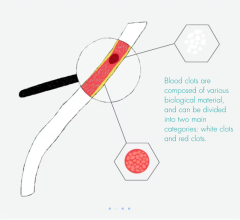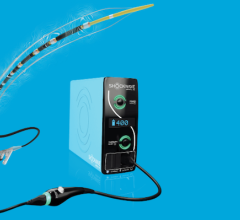Jan. 19, 2007 — The University of Pennsylvania Health System and Life Line Screening, the nation's largest provider of mobile preventive health screenings, are collaborating to identify and recruit patients with Peripheral Arterial Disease (P.A.D.) for a pilot study on the causes and prevention of this common yet under-treated vascular disease.
"P.A.D. has a strong correlation to coronary heart disease and carries a higher risk of stroke and heart attack," says Dr. Emile R. Mohler III, director of Vascular Medicine, University of Pennsylvania Health System. "As we develop a greater understanding of how P.A.D. progresses, we'll be better equipped to help patients by determining when and how to treat them."
Using noninvasive ultrasound imaging, the research will begin to pinpoint the exact cause and progression of claudication, or outward symptoms of P.A.D., which include cramps, tiredness or pain in the legs and buttocks occurring when blood flow is restricted by atherosclerosis
For more information visit www.lifelinescreening.com.


 September 12, 2025
September 12, 2025 









